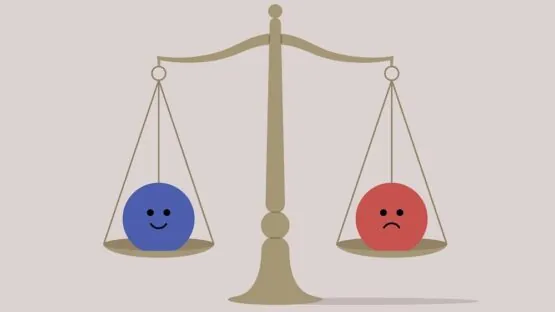Researchers have found that removing senescent cells makes it easier for mice to fight initial infections but harder for them to develop immune memory.
Senescence and immunity

Read More
Introducing their paper, the researchers discuss the SASP and the relationship of senescent cells to the immune system, noting that “the aged microenvironment is one of the key drivers of dysfunction in CD4 and CD8 T-cell responses” and that CD8 T cells are responsible for clearing viruses. Additionally, with aging, CD4 cells fail to differentiate into the memory cells needed for long-term immunity [1].
These researchers had previously found that senolytics may have beneficial effects on the immune system, including rescuing CD4 T-cell differentiation [2], and others found that senolytics improve survival in mice against a coronavirus [3].
In an effort to identify causal relationships, these researchers employed aged, genetically engineered mice provided by Dr. Judith Campisi. These mice’s p16-expressing senescent cells can be removed by the administration of ganciclovir (GCV), which, itself, has no effect on the flu that was used to challenge their immune systems. However, some of the results showed a significant downside.
The mostly expected results
Shortly after having their senescent cells cleared, the mice also had a slight, non-significant decrease in the senescence marker SA-β-gal. Interestingly, they also had a similarly slight increase in the DNA damage marker γ-H2AX.
12 to 30 days after being exposed to influenza, the GCV-exposed model mice had cleared significantly more of the virus from their systems than the unexposed control group. This was traced to a decrease in CD127, a receptor for IL-7. T cells with more CD127 are more likely to survive after a virus and become memory cells. However, T cells with less CD127 are more likely to be involved in clearing the virus [4].
In other words, the upside and downside are closely connected: clearing p16-expressing cells improves short-term immune efficiency at the cost of long-term immune memory. This finding was heavily corroborated by further experiments with a different flu virus: the number of flu-specific memory T cells was significantly less than in the control group, and rechallenging those mice with the same flu again showed that their memory response was less effective.
However, these mixed results may be confined to p16-expressing CD8 cells. These researchers have done previous work on CD4 cells, targeting them with the senolytic combination of dasatinib and quercetin with positive results [2]. This serves as strong evidence that senescent cells, and their effects, are heterogenous and cannot be treated as a single factor.
Literature
[1] Haynes, L., Eaton, S. M., Burns, E. M., Randall, T. D., & Swain, S. L. (2003). CD4 T cell memory derived from young naive cells functions well into old age, but memory generated from aged naive cells functions poorly. Proceedings of the National Academy of Sciences, 100(25), 15053-15058.
[2] Lorenzo, E. C., Torrance, B. L., Keilich, S. R., Al‐Naggar, I., Harrison, A., Xu, M., … & Haynes, L. (2022). Senescence‐induced changes in CD4 T cell differentiation can be alleviated by treatment with senolytics. Aging cell, 21(1), e13525.
[3] Camell, C. D., Yousefzadeh, M. J., Zhu, Y., Prata, L. G. L., Huggins, M. A., Pierson, M., … & Robbins, P. D. (2021). Senolytics reduce coronavirus-related mortality in old mice. Science, 373(6552), eabe4832.
[4] Obar, J. J., & Lefrançois, L. (2010). Memory CD8+ T cell differentiation. Annals of the New York Academy of Sciences, 1183(1), 251-266.



